|
Tendinopathy is a generic term used to describe injuries to the tendon associated with inflammation and degeneration. It can be either characterised as a painful or pathological condition associated with overuse. Usually pain is associated with increased loads and a recognition that there has been a relative increase in inactivity. Pain is often reported as sharp early on and then becomes a dull ache weeks later. Pain may be present at the beginning of the activity then disappear during it, then returns on subsequent attempts of the activity.
Tendinopathies are common as they have a poor blood or nutrient supply compared to skeletal muscles. In fact, the oxygen consumption of tendons is about 7.5 times lower than skeletal muscles. A relatively low metabolic rate results in generally slow healing after injury. Common tendinopathies seen at Acland Street Physiotherapy include:
Tendinopathies generally respond well to physiotherapy treatment. This could include treatment techniques such as manual therapy, extracorporeal shockwave and eccentric strengthening exercises to improve the load capabilities of the tendon.
0 Comments
Frozen shoulder, "painful stiff shoulder" or "adhesive capsulitis" is characterised as an initially painful but progressive joint condition that causes limited range of motion over time. This is an inflammatory condition that causes fibrosis or "scarring" of the glenohumeral joint capsule. This condition is complex, often occurs in females, and is multifactorial involving both environmental and genetic factors. A major risk factor is diabetes type II. It can take 2-3 years to resolve and some patients may not ever fully recover. Treatment involves a combination of physiotherapy treatment (manual therapy and home exercises involving stretching, strengthening and mobilty) and medical management such as cortisone injections and hydrodilatations (distension arthrography). Subacromial pain syndrome is a non-traumatic one sided condition of the shoulder. This common condition is two thirds of all shoulder complaints at Acland Street Physiotherapy. This condition is more prevalent as you age. It usually causes pain localised around the acromion (bony process of the shoulder) when lifting the arm. Usually one or structures are injured within the subacromial space.
Common conditions that cause subacromial pain syndrome include:
The above conditions often respond very well to physiotherapy treatment which includes manual therapy, dry needling, extracorporeal shockwave therapy, exercise programs involving stretching, strengthening the rotator cuff and stabilising the scapula (shoulder blades). Supraspinatus tendinopathy or supraspinatus "tendinitis" is a common source of reported shoulder pain in patients that perform repetitive overhead activities, overloading the tendon. Examples of this include painting, hairdressing or sports requiring overhead actions such as tennis and volleyball. This is commonly clinically diagnosed by experienced physiotherapists and formally confirmed on shoulder ultrasound scans. The supraspinatus tendon is part of the rotator cuff muscle group in the shoulder, involved in stabilising, "externally rotating" and "abducting" the shoulder (side raise). The tendon often experiences impingement as it passes in between the humeral head ("ball and socket" joint) and acromion (the bony process on the shoulder blade). Friction between the tendon and acromion is reduced by the subacromial bursa which can also get inflamed causing "subacromial bursitis".
Supraspinatus tendinopathy can cause significant reduced shoulder function, pain, strength and range of motion, particularly with overhead activites. Physiotherapy treatment is often the first line of treatment before a cortisone injection is considered. Manual therapy, extracorporeal shockwave therapy, dry needling and a rotator cuff strengthening and shoulder stabilisation exercise program often can help resolve the problem quickly. "Uneven shoulders" are often noticed when you look in the mirror as you get dressed after a shower. This can be a cause of various symptoms such as tension headaches, pain, tightness, pins and needles and a lack of general mobility in the neck and shoulders. Most of the time, it is not a major health concern. Common causes include:
If you are worried about having "uneven shoulders", please do not hesitate to get it professionally assessed by an appropriately trained physiotherapist or your GP. Subacromial pain syndrome is usually non-traumatic, one sided shoulder problems which cause pain, localised around the acromion (bony process of the shoulder blade). This painful condition makes up over two thirds of the shoulder presentations at Acland Street Physiotherapy. Patients often report the pain to be worse with lifting of the arm. From an anatomical point of view, pain associated with this syndrome suggests that there is a lesion or injury associated with one or more structures within the subacromial space.
Common conditions associated with subacromial structures include:
These clinical conditions often respond very well to physiotherapy treatment and modified rest. Physiotherapy treatment may involve manual therapy, extracorporeal shockwave therapy, dry needling and rotator cuff strengthening, shoulder stretching and stabilisation exercises. |
Author
Archives
May 2024
|
Copyright Acland Street Physiotherapy © 2024
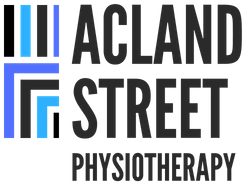
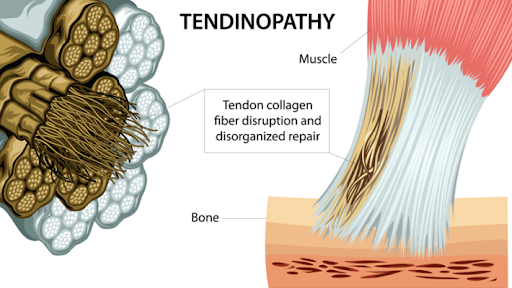
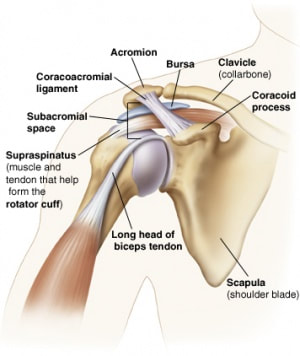
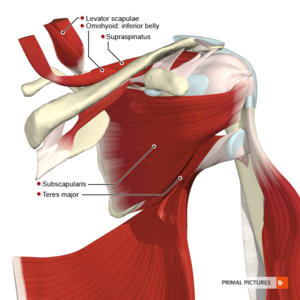
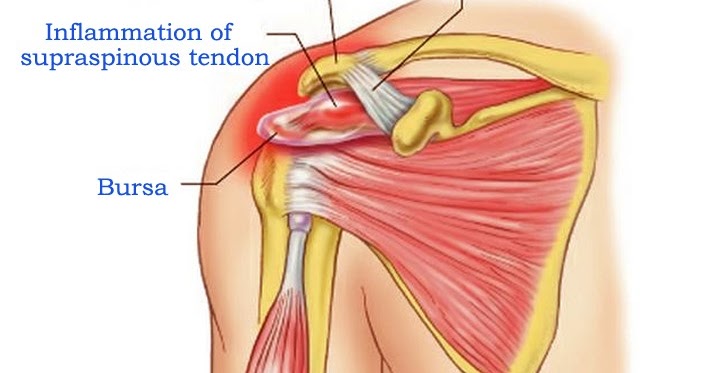
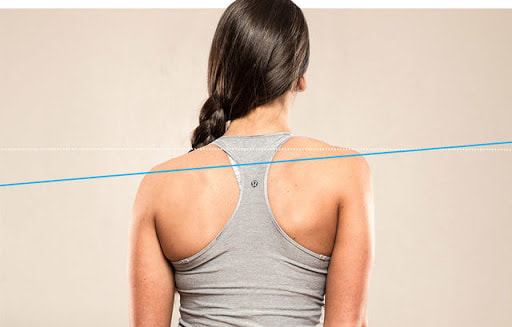
 RSS Feed
RSS Feed